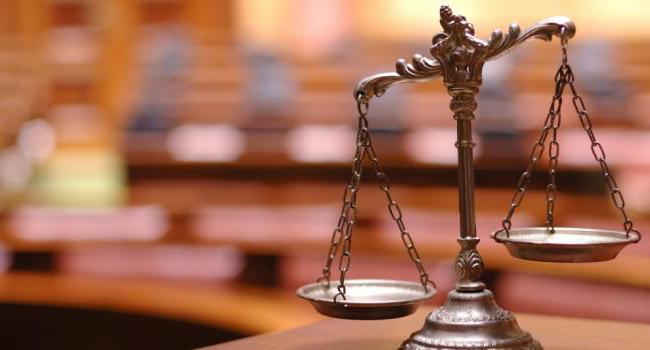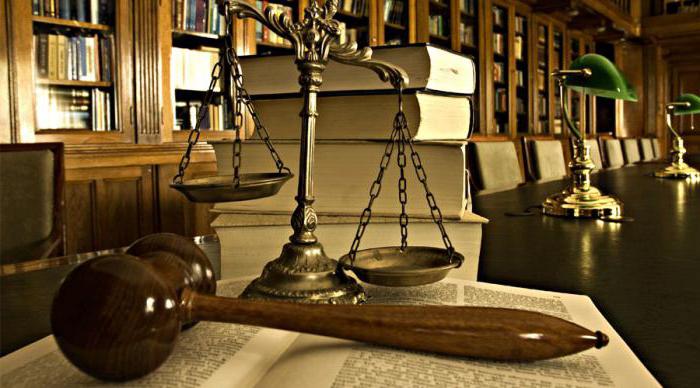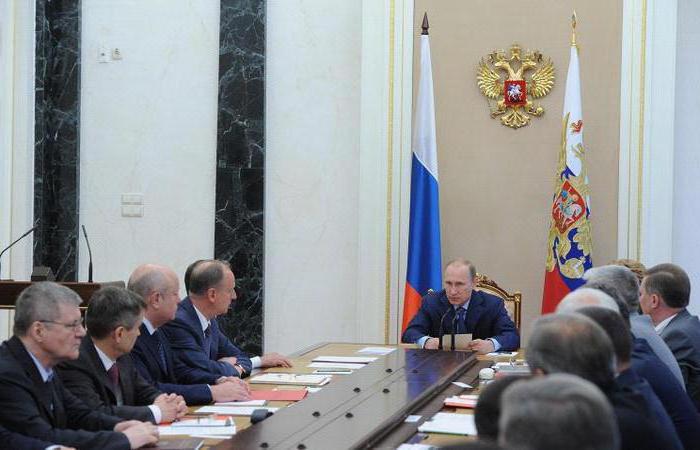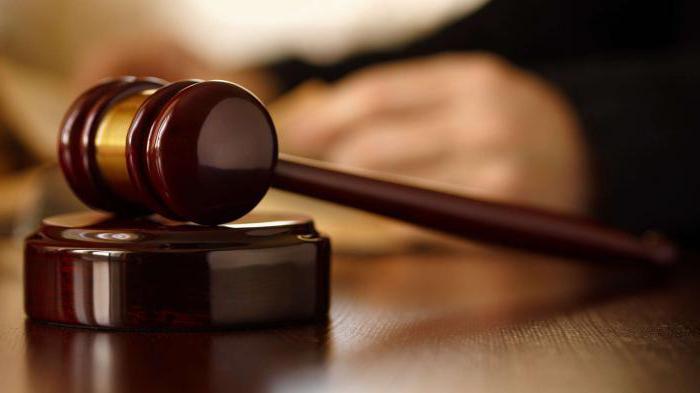Most laws establish only general provisions in one area or another. The so-called by-laws - collections of norms that supplement the main state provisions, help to concretize the law. What regulations relate to by-laws and what features do they have? The answer to this question will be found in the article.
What is a by-law?
Often, state laws are collections of very specific norms that do not allow us to fully understand the structure of a particular sphere. So that legal holes and conflicts do not arise, legislators adopt special by-laws - decrees, decrees, orders and other documents. Such acts are intended to supplement the basic state laws, to facilitate their application and understanding.
To adopt a by-law, it is necessary to take into account the specifics of a particular public sphere. It is also worth taking into account the interests of people, especially the territory and many other elements. By-laws include documents that are adopted on the basis of basic requirements of a state nature.
Signs of by-laws
What are the attributes of documents that relate to by-laws? Here is what the legal experts emphasize:
- legal basis;
- less legal force than the fundamental law;
- compliance with the competence of the body that issues the by-law act;
- regulation of the vast sphere of public relations aimed at solving urgent problems;
- the number of by-laws exceeds the number of laws;
- acts of a by-law nature constitute the basis for law enforcement activities;
- documents are an instrument of operational impact on public relations.

Thus, the group of normative acts under consideration has a large number of very different signs and features. If at least one attribute does not correspond to the document, then it is unlikely to have to talk about it as a normative act.
Decrees of the head of state
What regulatory acts relate to by-laws? To begin with, it is worth highlighting the orders and decrees formed and issued by the Russian President.
Decrees of the head of state have been issued in our state for many centuries. In pre-revolutionary Russia, the decrees of the autocratic monarch possessed the highest legal force. Even Vladimir Dahl interprets the concept of "decree" as a written order of the sovereign.
Currently, the head of state also has the law. However, this right is strictly controlled by the Constitution and some authorities. Thus, the president issues decrees in strict accordance with article 90 of the country's main law. It says that the head of state should issue normative acts on the main issues of public administration. Presidential decisions are divided into orders and decrees. An order refers to a document of a specific purpose that is of a private nature. The decree is a more significant act of broad significance.
Features of presidential decrees and orders
What applies to by-laws adopted by the head of state? It is worth mentioning the documents formed on the most important issues in the field of government.For example, the creation of labor commissions and committees, the allocation of financial resources to the Russian regions from the general budget, and much more.
Not all presidential decrees relate to by-laws. There are so-called enforcement acts related to specific cases and phenomena. It is worth mentioning, for example, acts on conferring a rank or award, on the appointment of a person to a post, etc.
All presidential orders and decrees have a number of important features. Here it is worth mentioning, for example, the content of legal norms, a generally binding character, regulation of various public spheres and much more. However, the main sign of the acts in question will be the absence of contradictions to federal laws.
Government Acts
The Russian Constitution establishes the right of the federal executive body to exercise legislative powers. This norm is enshrined in article 114 of the basic law of the state. Government decisions relate to by-laws. The development of such decrees is necessary for the implementation of the Russian Constitution, federal laws, regulatory decrees of the head of state, etc.
What is the difference between orders and decrees? Orders are issued for a small circle of persons. They are, rather, enforcement acts addressed to a narrow circle of performers. Decisions are more normative. Their implementation is mandatory for the entire Federation - the center, together with regional subjects.
Ministerial Acts
As you know, ministries are part of the Russian Government. All of them carry out separate functions in one or another public sphere. Acts of ministries and departments are, therefore, sectoral in nature. However, often some government groups come together to create a common act. In such cases, it is customary to talk about documents of an intersectoral nature. A simple example is the acts of the Ministry of Internal Affairs, the Ministry of Finance, the Ministry of Education and Science, etc.
What applies to by-laws of government departments and ministries? In the Russian legislative system, these are instructions and orders. The instructions are designed to regulate the basic forms of professional activity of certain workers, to determine their functional responsibilities. All instructions have regulatory content. Orders are divided into non-normative and normative. In the first case, we are talking about law enforcement acts, and in the second - about documents devoted to the most important issues of the executive bodies.
It is worth giving an example of by-laws related to No. 44-FZ, the Law "On the Contractual Procurement System". This is a voluminous federal law, which is supplemented by many departmental acts. Section 34 of the law, which describes the implementation of procurements, is governed by a government decree on the determination of fines by the customer. Article 22 on planning - by the Decree “On the determination of the price of a contract”, etc.
Acts of local government
Chapter 8 of the Russian Constitution indicates the possibility of local self-government bodies to manage municipal property. Bodies have the right to form, register and implement the local budget, to establish municipal taxes and fees, and to many other functions. 
In all cases presented, self-government is obliged to issue normative or enforcement acts. It can be, for example:
- acts of legislative authorities;
- orders and resolutions of the heads of local self-government;
- acts of village gatherings or village assemblies, etc.
Local government institutions have quite extensive powers in the field of improvement of a particular territory. That is why the relevant by-laws are issued by them quite often.
Regional By-Laws
So, what about the by-laws of the Russian Federation? Everything is quite simple here: these are presidential, government and ministerial decrees. And what acts exist in the Russian regions?
Management, production, commercial, educational, scientific and many other types of relations are regulated by special by-laws. Documents adopted in the regions are also called local acts. All of them have a certain legal value, as they establish internal rules, fix narrow groups of public relations, etc. A simple example of a local by-law act is the decision of a collegial governing body.